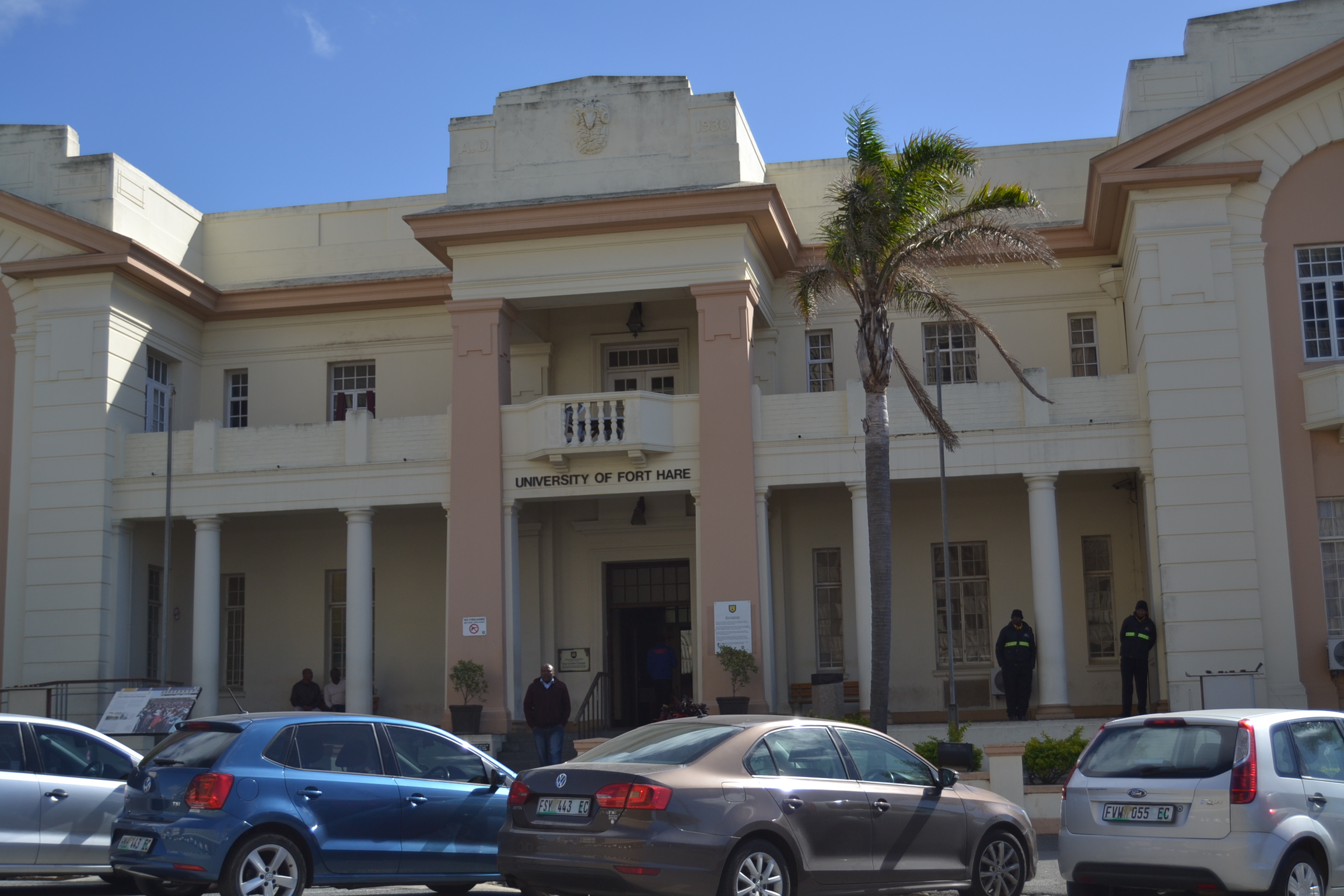Fort Hare students end boycott after chaotic two weeks
Management commits to fixing electricity, internet and water problems

Fort Hare students boycotted classes for two weeks because of many complaints. Archive photo: Nombulelo Damba-Hendrik
Students at the University of Fort Hare returned to class on Tuesday. This followed two weeks of protests aimed at the National Student Financial Aid Scheme (NSFAS) for not paying over a thousand students their travel and meal allowances. The protests were also directed at university management for power cuts, water outages and poor wifi connectivity in student residences.
Students gathered for a mass meeting on the Alice campus on Sunday. This was to hear feedback about a meeting between the Student Representative Council (SRC) and university management the day before, and to decide on a way forward.
The meeting with management was successful according to the student leadership. SRC President Mosuli Cwele said: “We agreed on a number of issues and they agreed that they will resolve all the grievances we have raised as students.”
However, the boycott continued through Monday because the SRC wanted a written commitment from Vice Chancellor Sakhela Buhlungu addressing their grievances as well as a timeframe to achieve these demands. Buhlungu, previously the Dean of Humanities at the University of Cape Town, took over the reigns at Fort Hare this year.
On Monday night the university management gave a presentation explaining how the issues raised by the student body would be addressed. Following the presentation, Cwele confirmed that the students would end the boycott and begin lectures on Tuesday.
Management agreed pay outstanding excellent awards, an immediate payment to all NSFAS students who have signed loan agreements, working with the SRC to encourage students who have not yet signed the NSFAS loan agreements to do so, withdrawal of private security once campus is calm, building of a water reservoir on campus and installation of two more water pumps, fixing the faulty electricity box causing outages, an upgrade of the wifi infrastructure, and an academic catch-up plan for the two weeks lost.
How the protests unfolded
The protests began two weeks ago in response to water, electricity and wifi outages on campus, and because NSFAS had not paid over a thousand students their travel and meal allowances.
NSFAS attributed the lack of payments for travel and meal allowances to the students not signing loan agreements. However, the students responded by saying that they had never received the loan agreements in the first place.
Protesters allegedly looted a bookstore, stoned traffic, set fire to a staff centre and killed stolen livestock on campus, causing an estimated damage of R4 million rand.
One student was arrested and charged with arson.
Buhlungu, in response to the violence on campus said, “This is not a mere student protest but a well-orchestrated move by academic staff members in connection with a certain faction in the SRC that want to sabotage UFH management.”
Support independent journalism
Donate using Payfast

Don't miss out on the latest news
We respect your privacy, and promise we won't spam you.
© 2017 GroundUp. 
This article is licensed under a Creative Commons Attribution-NoDerivatives 4.0 International License.
You may republish this article, so long as you credit the authors and GroundUp, and do not change the text. Please include a link back to the original article.
